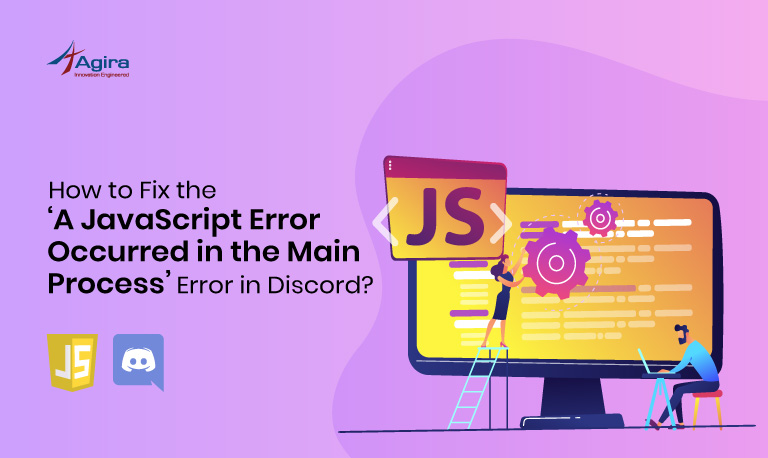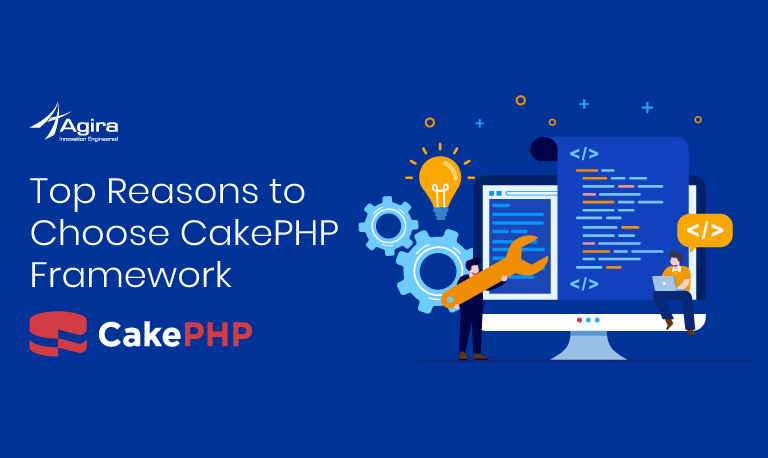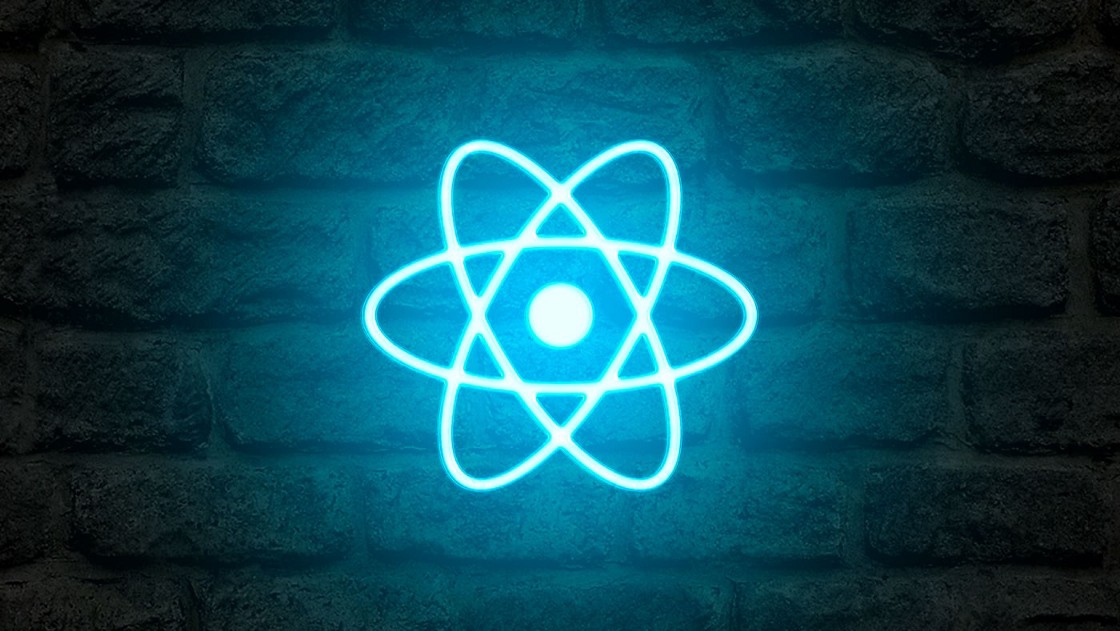PHP is one of the most predominant programming languages in web and application development. The language has experienced stable and secured growth and usage since its release.
Some interesting PHP Statistics to know.
- Over 244+ Million Websites use PHP.
- According to W3Techs’ data, PHP is used by 78.9% of all websites with a known server-side programming language.
- Almost 8 out of every 10 websites that you visit on the Internet are using PHP in some way.
- According to WordPress.org, approximately 64.0% of WordPress sites are using PHP 7.1 or lower, with 22.9%, the plurality, using PHP 5.6
PHP is a preferred choice to create websites used by developers to complete the projects efficiently and timely. Inspired by PHP, there are tons of PHP frameworks. To help you out finding the best PHP framework depending on your requirements. Here is an overview of the ten best PHP frameworks for web development.
1.Laravel
Laravel was released in 2011 and relatively new yet the most popular PHP framework. The framework has excellent documentation and a smooth learning curve. The Laravel team also has many tutorials, blog updates, and screencasts to keep the developers updated. With Laravel, developers can rapidly develop applications with ease. It provides an artisan command-line interface, a powerful templating engine, and a massive ecosystem for quick deployment. The lightweight templating engine enables you to have authentication, queuing, caching, sessions, and RESTful routing. Additionally, Laravel incorporates a local development environment pre-packaged Homestead bundle with Vagrant.
2.Symfony
Symfony was launched in 2005. It is another most popular PHP framework which allows the developers to use a set of reusable PHP components and code lines. Symfony is used for developing large scale enterprise applications. It has a vast ecosystem and supported by an active community of developers. Symfony is an extensive framework, and its components are used in popular content management systems such as Drupal, PHPBB, and OroCRM.
3.CodeIgniter
CodeIgniter is an old and lightweight framework. It is well documented and easy to learn the framework. It can be easily be installed and requires minimal user configuration. It is suitable for dynamic website developments as it offers many prebuilt modules with durable and reusable components. CodeIgniter provides faster speed, powerful performance, and is a preferred choice for the application that demands a high level of security.
4.CakePHP
CakePHP is a decade old, but still, it’s one of the most popular frameworks. It is a preferred option for modern commercial applications as it offers high-end security with features such as SQL injection prevention, cross-site scripting protection, and many more. CakePHP brings reliability and speed with security. It has excellent community support from developers across to keep up with the latest technologies. The latest version includes features such as improved modularity and increased ability to create standalone libraries.
5.Yii 2
Yii 2 is an object-oriented framework used for enterprise-scale website development. It can be easily integrated with AJAX and jQuery features. Yii has a powerful class code generator known as Gii. It facilitates object-oriented programming and rapid prototyping to build a web-based interface in the shortest development time. Yii has multiple packages fro security and sets of configuration for rapid development.
6.Zend Framework
The Zend is another complete object-oriented framework with interfaces and inheritance. Zend framework is suitable for complex and large scale projects. Some of the key features include simple cloud API, MVC components, data encryption, and many more features to deliver high-quality applications. It allows you to integrate external libraries and components required for the project. Zend has excellent documentation and a vast community with a steep learning curve.
Also Read: Top 10 Reasons to Choose CakePHP Framework
7.FuelPHP
FuelPHP is a full-stack framework that supports the MVP pattern. It is extendable, modular, and flexible, designed to address security concerns with URI filtering and output encoding. FuelPHP has its authentication framework, HMVC implementation, URL routing, caching system, and many other powerful features. The framework is backed with proper documentation, which makes it easy to learn for beginners. FuelPHP is suitable for building end to end web solutions of different sizes and complexities.
8.Slim
Slim is a PHP micro-framework that helps developers to build simple yet powerful web applications and APIs quickly. Slim is easy to learn and has friendly documentation. The main features include minimalistic design, session, cookie encryption, client-side HTTP caching, URL routing, and many more. It is best for small web applications and to develop RESTful APIs and web services.
9.Phalcon
Phalcon was released in 2012, A full-stack PHP framework initially written in C and C++. Easy to install and an excellent choice for creating highly configurable web applications for enterprise-level projects. The key features include execution speed, universal autoloader, security, caching, and asset management.
The framework makes uses of a handful of resources to speed up the performance. Phalcon has regular upgrades and releases.
10.PHPixie
PHPixie was launched in 2012, similar to FuelPHP, PHPixies implements the HMVC design pattern. It was aimed to create a high-performance framework for read-only websites. It is easy to learn and suitable for social networking websites and customized web applications. PHPixie key features include input validation, authorization capabilities, authentication, HMVC architecture, standard ORM, and caching. As the framework is relatively new, it’s less popular and has a smaller community than any other framework.
Conclusion
Using PHP frameworks can simplify the development process and minimizes the workload. Each PHP framework has its own pros and cons, depending on your development requirements you can choose as the features support. There are different factors to considers, such as community, documentation, database, security, scalability, ease of use, to name a few. We hope you find a suitable framework for your development from this list.










